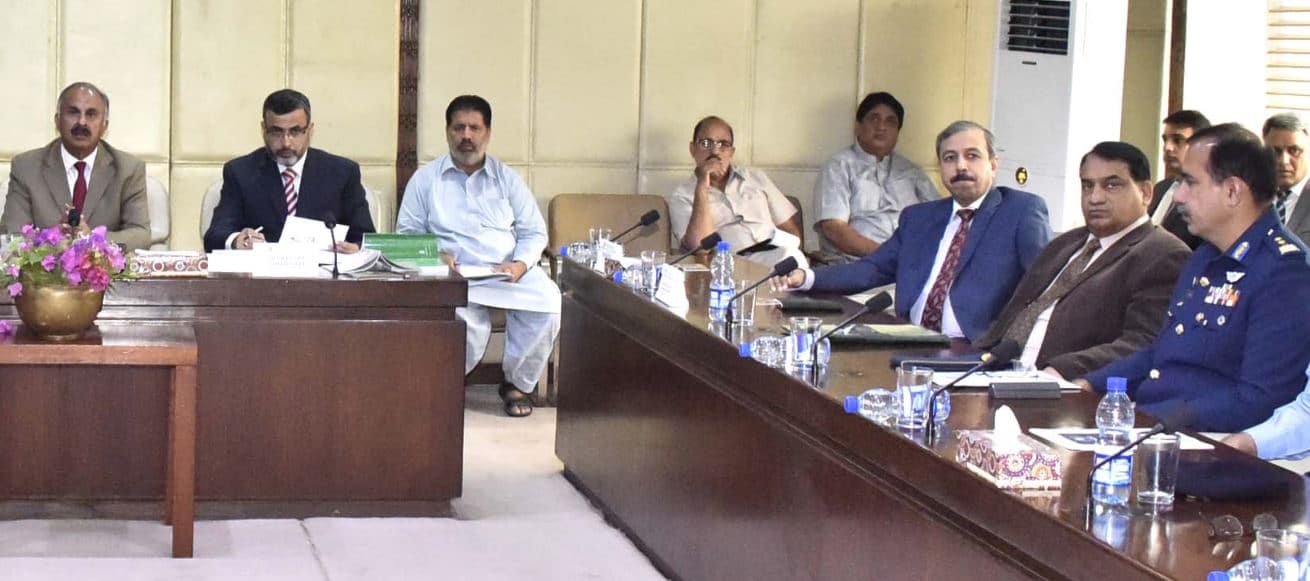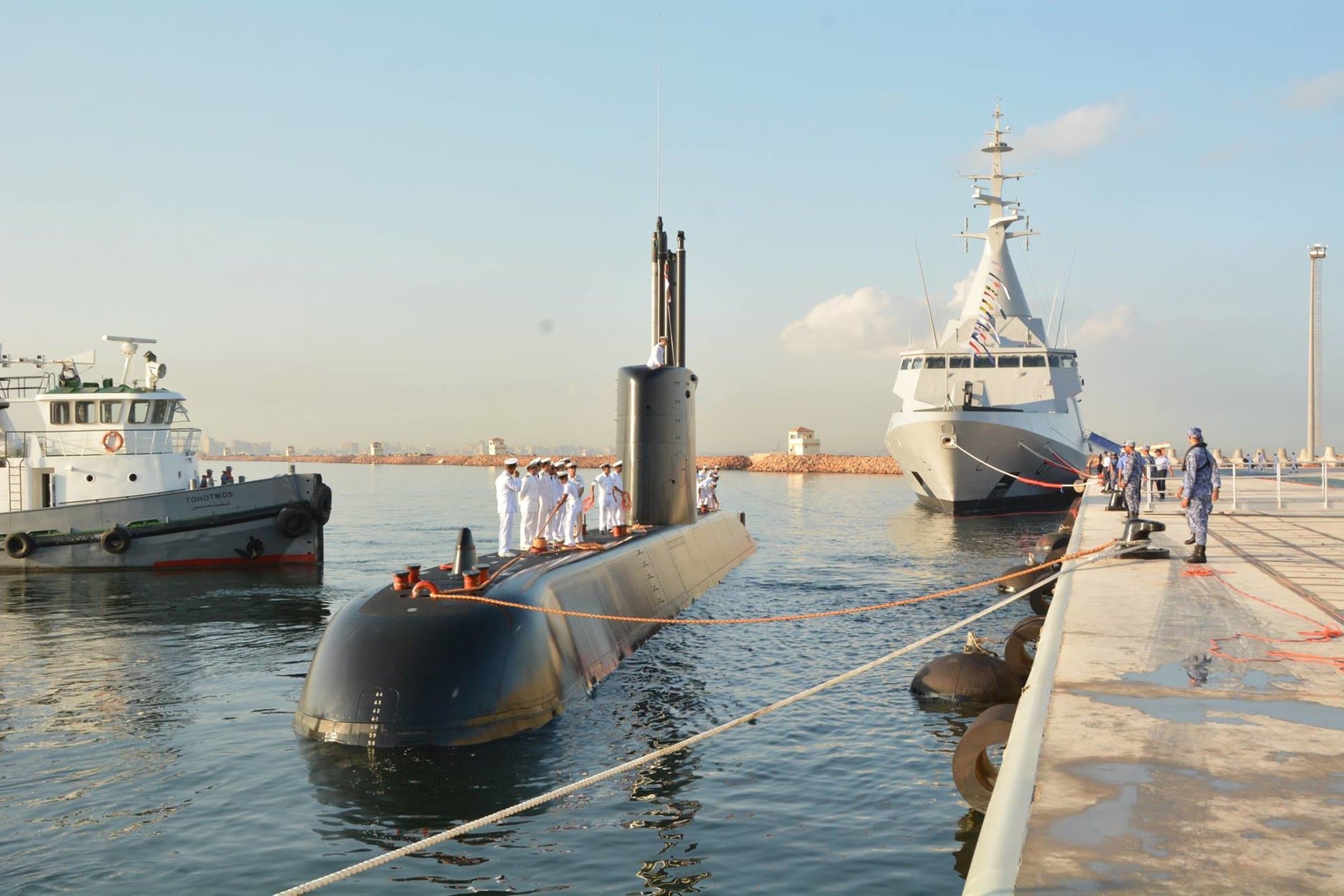2373Views 0Comments

Pakistan’s Senate Calls for Stronger Emphasis on Domestic R&D
On 16 July, the Pakistani Senate’s Standing Committee on Defence Production, chaired by Senator Lt. Gen (retired) Abdul Qayyum, approved recommendations for Pakistan’s state-owned defence industry entities aimed at improving the latter’s research and development (R&D) capacities.
According to a Senate news release, the Committee called for each defence industry entity to staff its R&D departments with “competent professionals” and to support those teams with “sufficient funds to excel in their R&D pursuits.” The idea, evidently, is to encourage domestic R&D in the defence industry.
In addition, the Committee also urged for specific changes to how industry entities are organized, e.g. the Committee called for Pakistan Machine Tool Factory to be “grouped” with other “precision engineering” activities under the MoDP so as to “enhance their efficiency.” It also called for an acceleration in Gwadar Shipyard’s construction work – the project was approved at the end of 2017.
Finally, the Committee reiterated a number of underlying objectives for the defence industry at large, e.g. greater collaboration between state-owned and private-sector vendors and for state-owned industries to become “financially self-sustaining and … release pressure on the national budget.”
Read More! DEPO’s Call for Coherent Export Policy & Pakistan’s Defence Product Development Process
Pakistan’s Defence Export Promotion Organization (DEPO) called for the Pakistani government to set-up a coherent policy framework for exporting defence products. However, this is a difficult ask seeing how the armed forces largely influence the local industry’s products… |Read More.
Notes & Comments:
Interestingly, the Committee’s calls coincide with the start or early stages of Pakistan’s marquee defence program, Project Azm (i.e. its drone and next-generation fighter). Granted, the call was broad and applies to each of the country’s state-owned entities, but for Pakistan Aeronautical Complex (PAC) it is an urgent issue seeing the Pakistan Air Force’s (PAF) emphasis for drastically reducing reliance on foreign suppliers.
However, a number of significant obstacles remain, not least the existing barriers between development work in the armed forces and the capacity of civilian/non-military scientific institutions (e.g. universities). Nonetheless, a policy in PAC – and others – to support organic R&D efforts, however modest, could be an encouraging first step towards more ambitious programs. For example, organic R&D efforts could be used to stage the growth of human capital, research – and infrastructure conductive to research – and capacity to offer valuable developmental support for domestic and collaborative programs with foreign partners.


